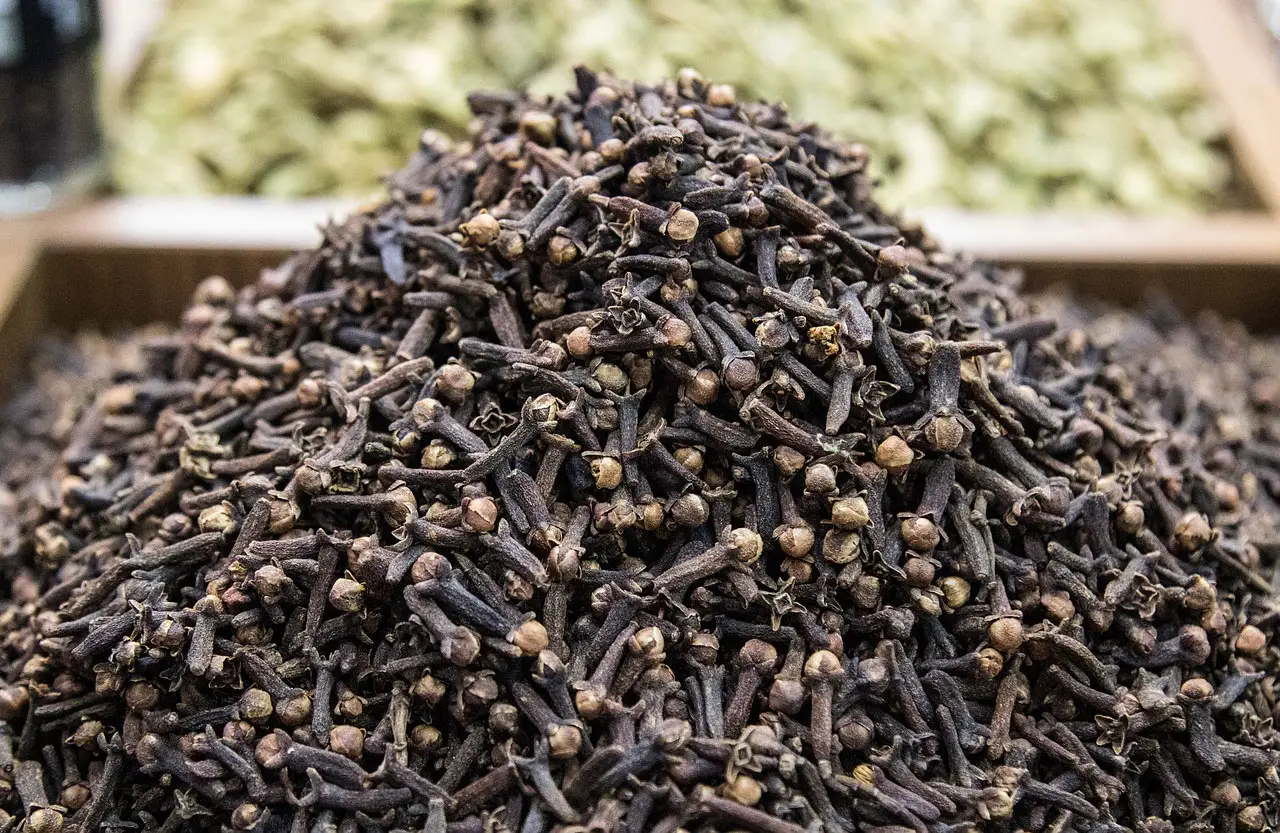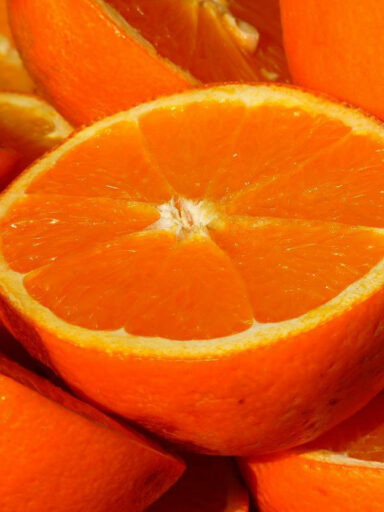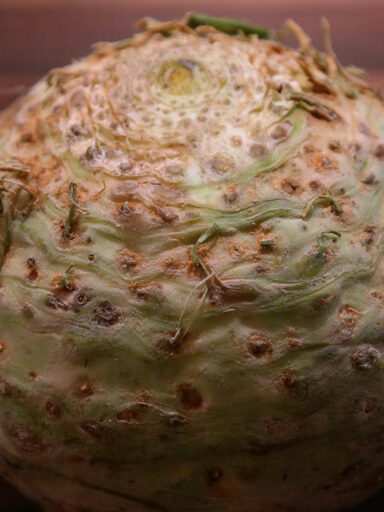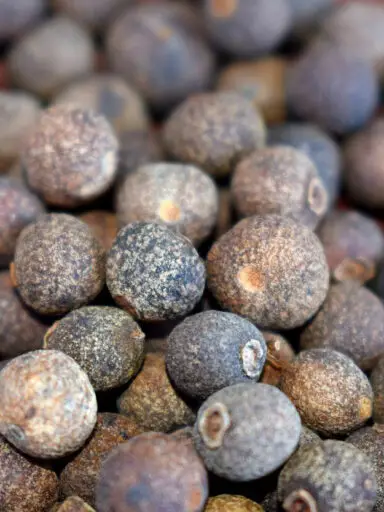The clove tree is a tree that can grow up to about 8 to 12 meters tall. It bears broad leaves and a flower bud that starts out pale and gradually turns green then red when ready for harvest.
The flower buds called cloves to reach about 1.5 to 2 cm long and terminate on one end with four spreading sepals. These buds are the focus of this guide.
The flower buds are aromatic and impart a lot of flavor to the dishes they are used in. Cloves are native to Indonesia in the Maluku islands. They are also commercially and widely grown in Bangladesh, India, Madagascar, Zanzibar Island, Pakistan, Sri Lanka, and Tanzania.
Historically cloves have been used for medicinal purposes such as Indian Ayurvedic medicine and Chinese medicine. The essential oil from the plant is also used as a painkiller in dental emergencies. They are also good for the stomach as well as aromatherapy and soothing the digestive tract.
There are even studies being done to determine its effectiveness for fever reduction, as a mosquito repellent, and for the prevention of premature ejaculation. These studies are still inconclusive.
The clove is available all year round in the marketplaces. It is preferable to purchase whole cloves dried rather than those which have been ground into powder. In addition to the whole cloves retaining more flavor, powdered forms have the risk of being adulterated.
The cloves should be stored in a cool dark and dry place in an airtight container. In this form, they can keep for several months. Grind the powder with a hand mill just before use. In case you have high quantities of clove powder, you are better off storing it in an airtight container in a refrigerator.
Clove Used for Culinary Purposes
The clove is a big part of African, Asian, and Middle East countries. It is used to impart flavor to meats, poultry, fish, and vegetable stews. It is a major ingredient in curry and masala dishes. It goes well married with other spices like garlic, ginger, peppercorns, turmeric, etc.
It is also a popular ingredient in rice dishes such as Pulau and biriyani. In Mexico, it is paired with cumin and cinnamon in dishes. In Peru, it is used in popular dishes such as carapulcra and Arroz con Leche.
Other ingredients that pair well with clove are allspice, basil, citrus peels, onion, pepper, red wine, star anise, and vanilla among a host of others.
Nutritional Benefits
Clove is rich in anti-flatulent, anti-inflammatory, antioxidants, antiseptics, and rubefacients. It contains no cholesterol and provides 47 calories per 100 grams. It is rich in dietary fiber and has good amounts of protein and carbohydrates. Due to the amounts consumed these quantities are insignificant.
Clove contains the oil eugenol which is responsible for its distinct aroma. Clove is a decent source of B-complex vitamins such as folates. It also has good amounts of niacin, pantothenic acid, pyridoxine, riboflavin, and thiamin. Cloves are also rich in vitamin C and vitamin K.
Sodium and potassium are also plenty in cloves which are also rich in minerals such as copper, calcium, iron, and magnesium. Others are manganese, phosphorus, selenium, and zinc.




